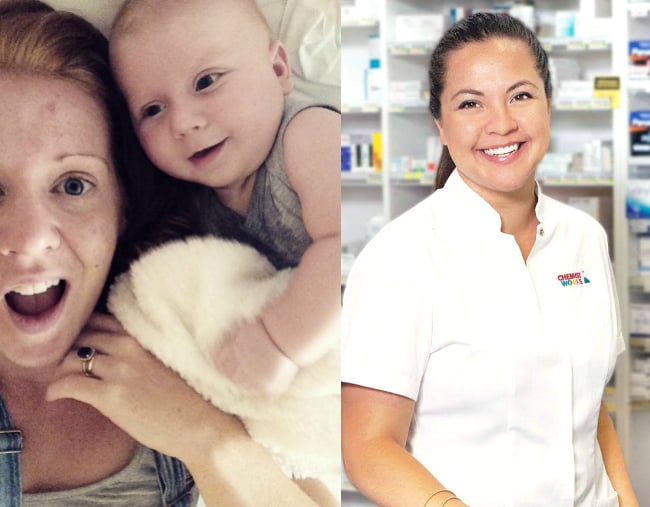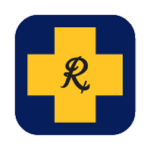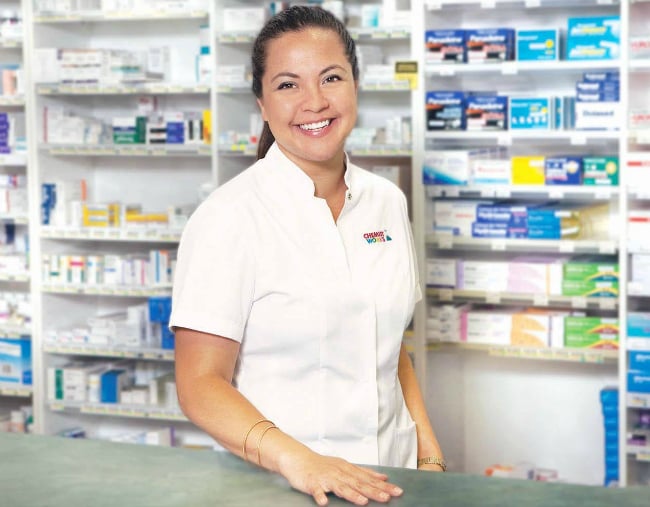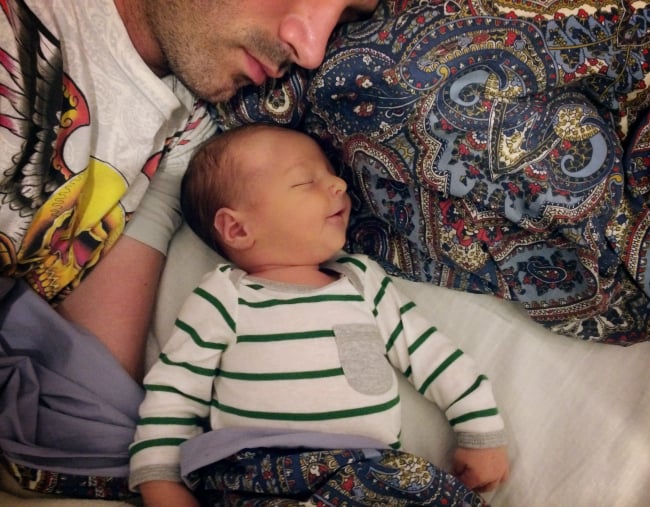

Every mum will admit that while parenting is full of joy, it’s also full of endless curveballs. And when we’re confused, we turn to friends or forums for a miracle answer to our endless questions.
But what about the medical queries that you want professional help with? With input from our Mamamia mum tribe, I put forward eight niggling issues – from sleep problems to newborn baby worries – to someone who’s used to being asked every question under the sun.
Catherine Bronger comes from a family of pharmacists. Working with three pharmacies in Sydney, Catherine is passionate about helping people with their everyday needs (of course, anything more than a minor ailment is a doctor’s domain). She’s also a mum of two herself. Help us!



